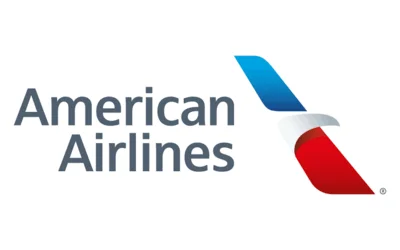With this expansion, a total of 20 US cities are now linked to Taipei under the codeshare agreement. The newly added codeshare points are Minneapolis/St. Paul (MSP), Atlanta (ATL), Tampa (TPA), Anchorage (ANC), Raleigh-Durham (RDU), Orlando (MCO), Washington Dulles (IAD), Kansas City (MCO), Philadelphia (PHL), Spokane (GEG), Boise (BOI), and Newark (EWR). These join existing codeshare destinations such as Salt Lake City, San Diego, Phoenix, Portland, Las Vegas, Dallas, Denver, and Austin.
For Alaska Airlines, this partnership increases connectivity from its Seattle and San Francisco hubs to a broader range of US cities for traffic arriving from Taipei. This move is expected to increase passenger loads throughout the year and improve scheduling options for corporate accounts. According to Yahoo Finance, operational coordination—including check-in procedures and baggage handling—will help Alaska prepare for further long-haul market expansion.
Alaska Airlines anticipates increased brand awareness in markets beyond its current gateways of Los Angeles, San Francisco, Seattle, and Ontario due to enhanced distribution channels. The ability for Starlux customers to redeem miles on Alaska-operated flights is also seen as a benefit that could drive premium-cabin revenue.
For Starlux Airlines, partnering with Alaska allows access beyond its limited number of US entry points into deeper domestic markets where there is significant demand for travel between East Asia and the United States or a large Taiwanese community. The airline aims to expand globally by forming strategic partnerships that increase its reach across key markets.
"At the end of the day, this partnership brings a lot to the table for Starlux. This Taiwanese carrier is looking to expand rapidly into multiple new kinds of markets, especially those that have large amounts of demand for travel to and from East Asia, or those that are home to a large Taiwanese diaspora."
"Starlux is looking to become a global carrier, one that is able to maintain a strong reputation in an industry that has historically been dominated by other players. As a result, the airline needs to partner with others to build its footprint in the market, and this partnership allows the airline to do so very effectively."
 Alerts Sign-up
Alerts Sign-up





































